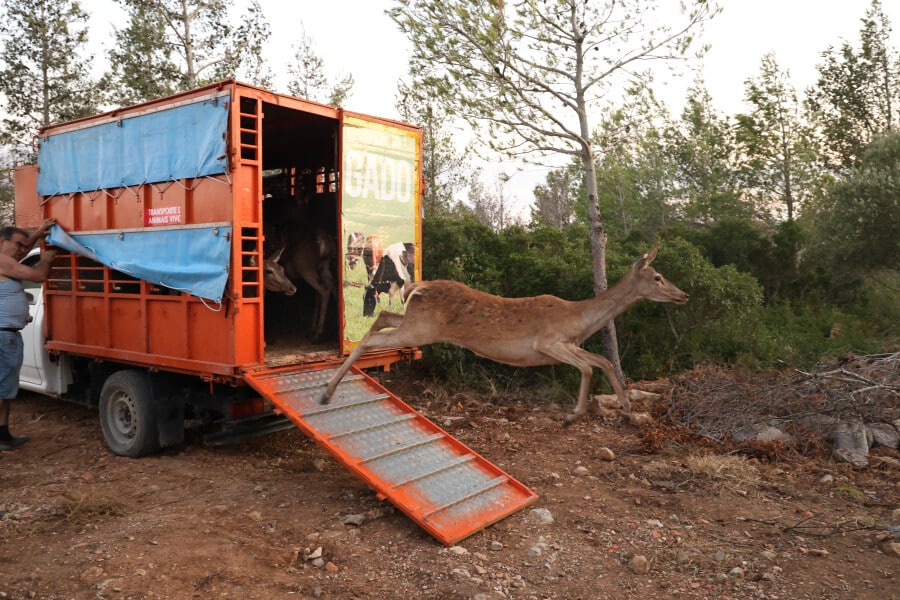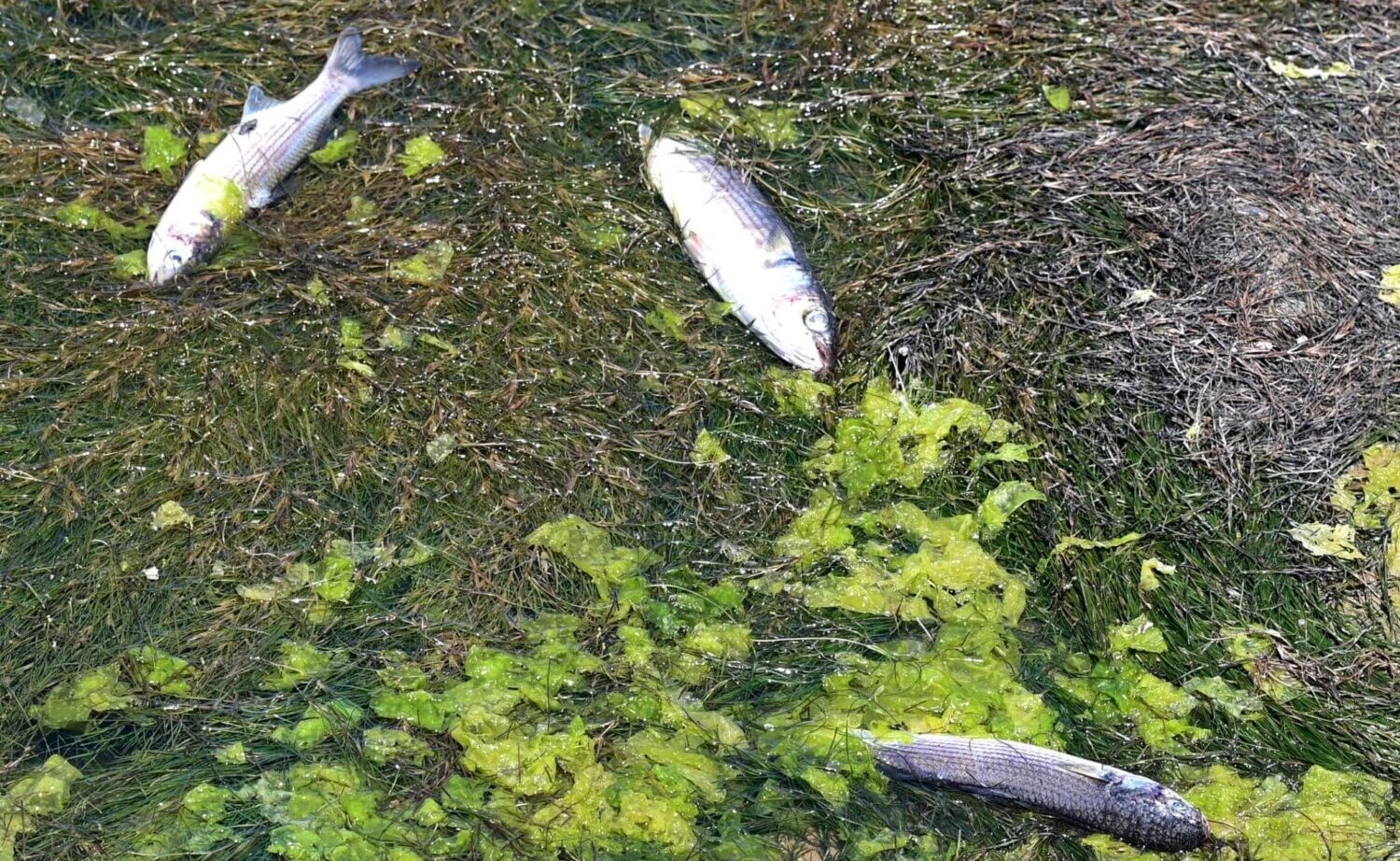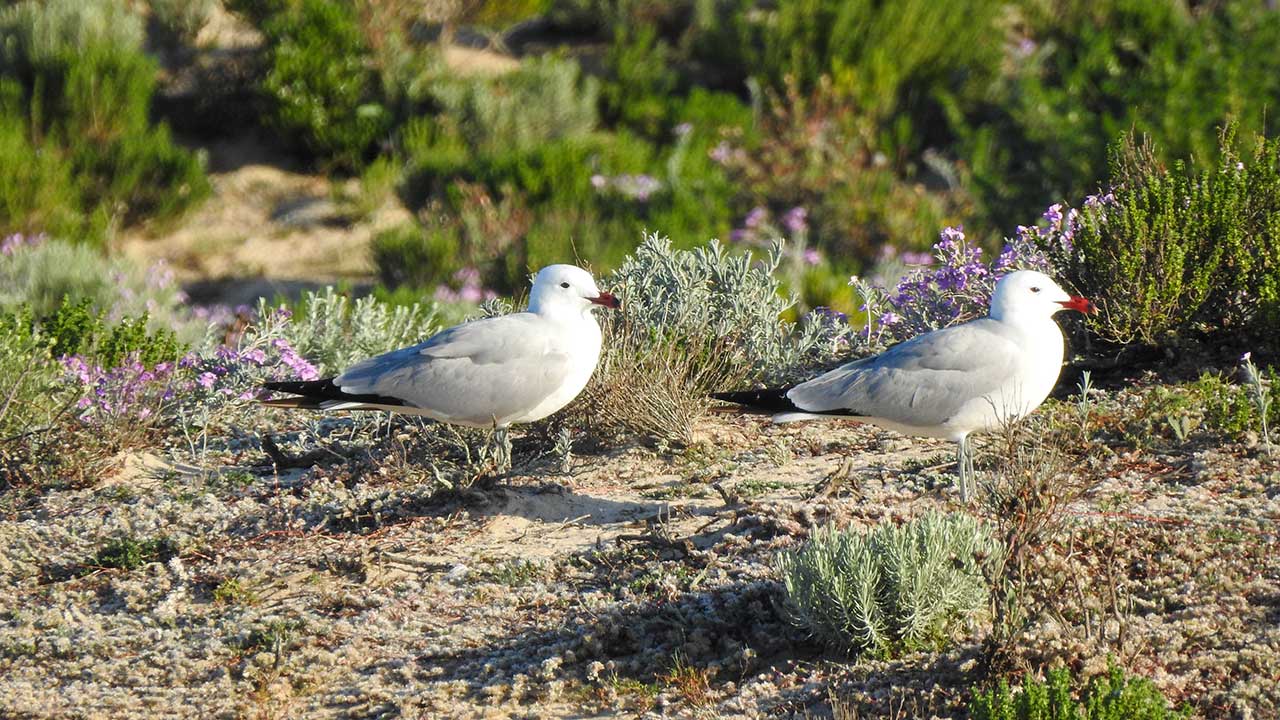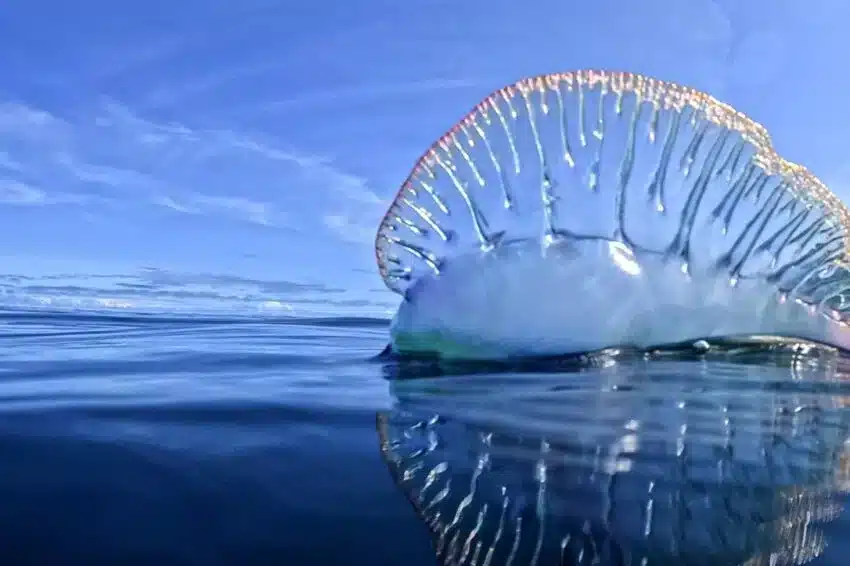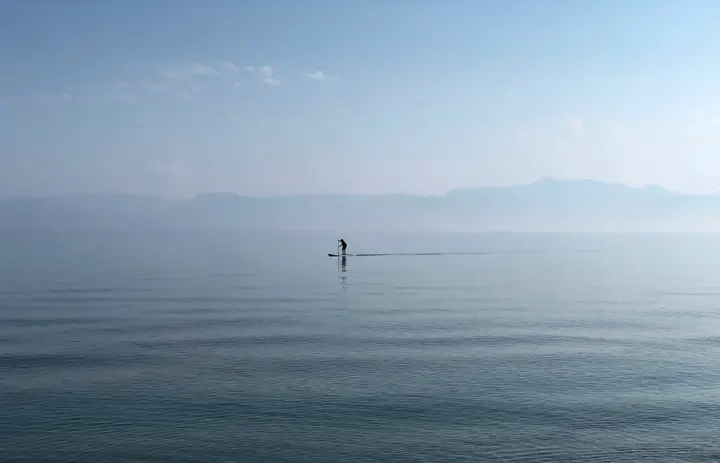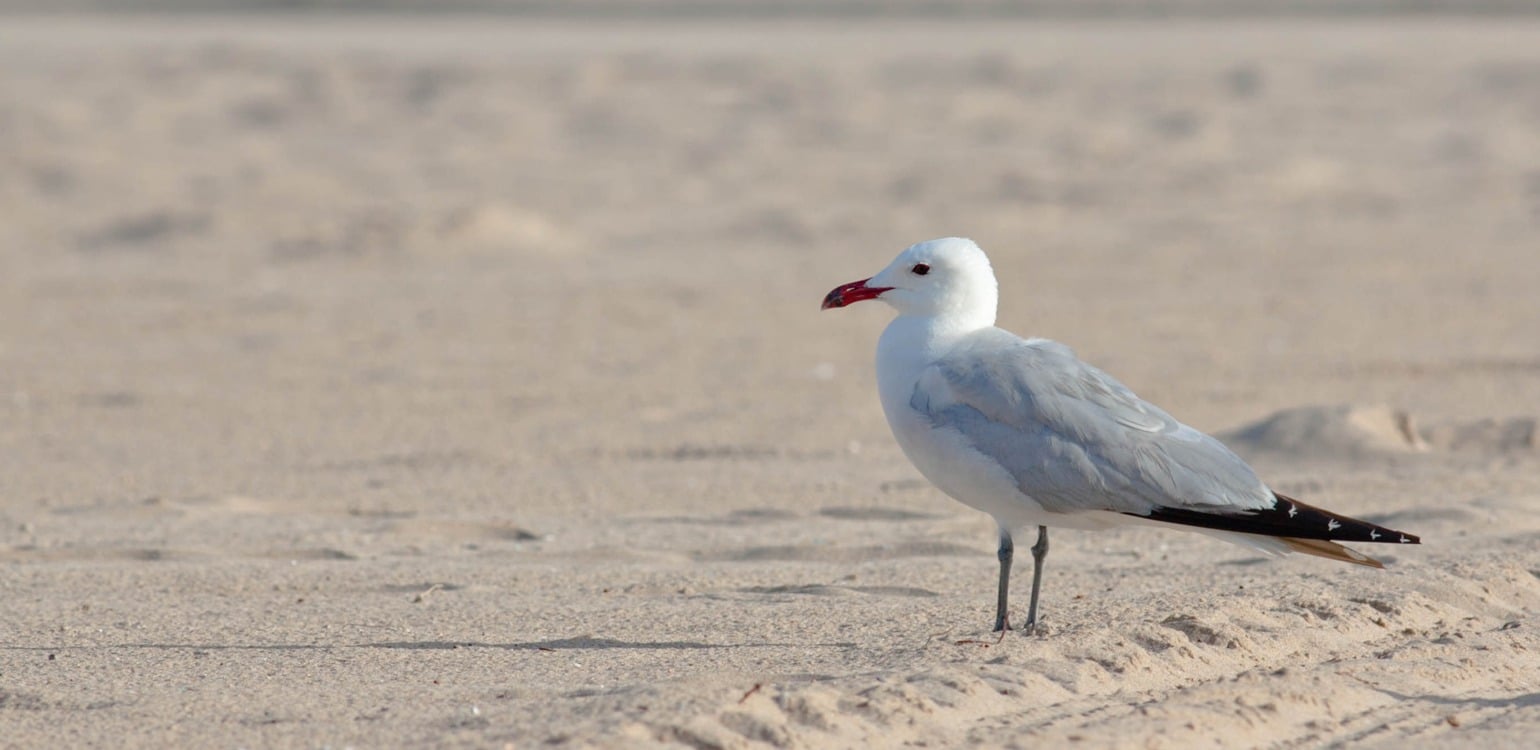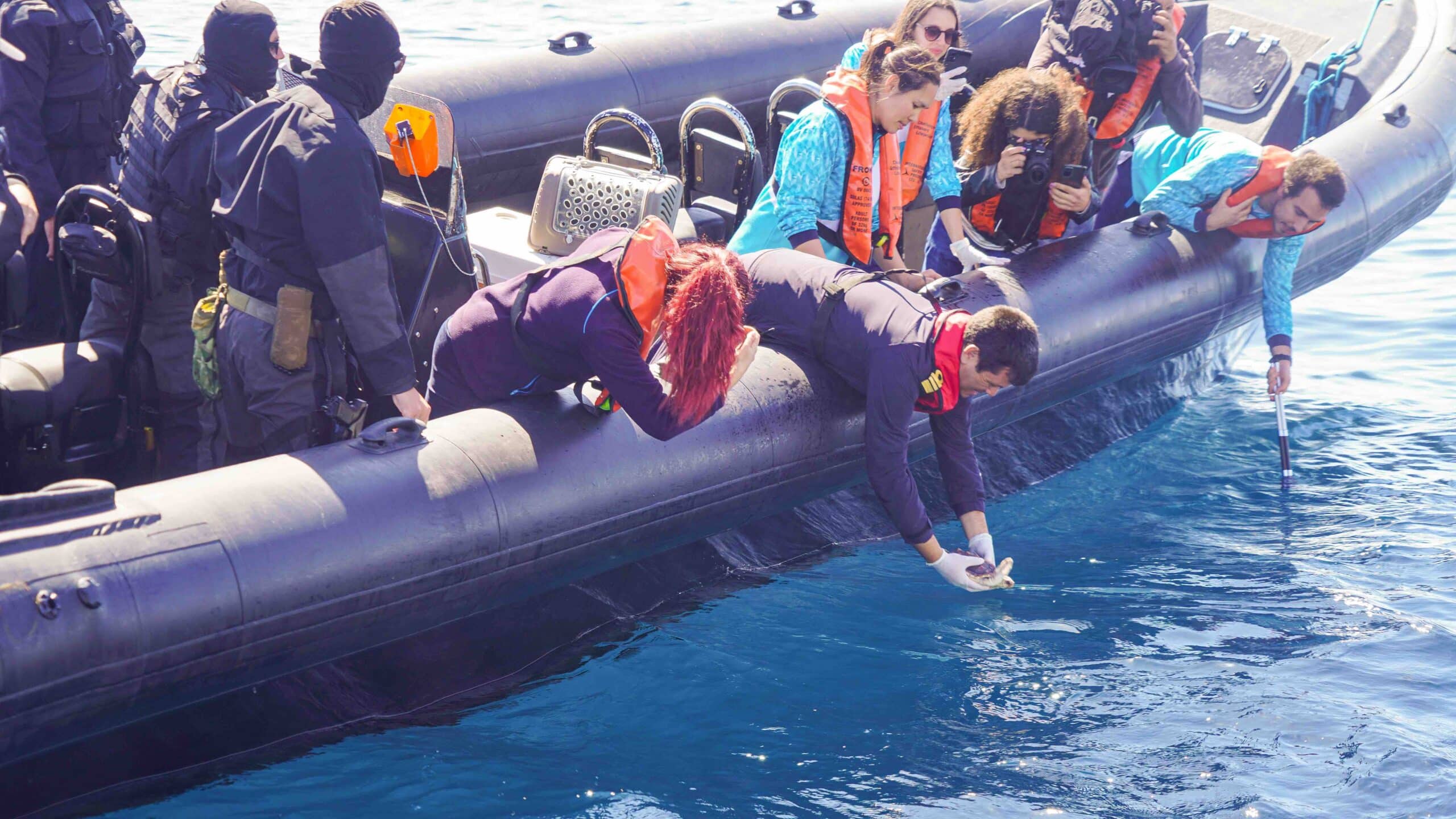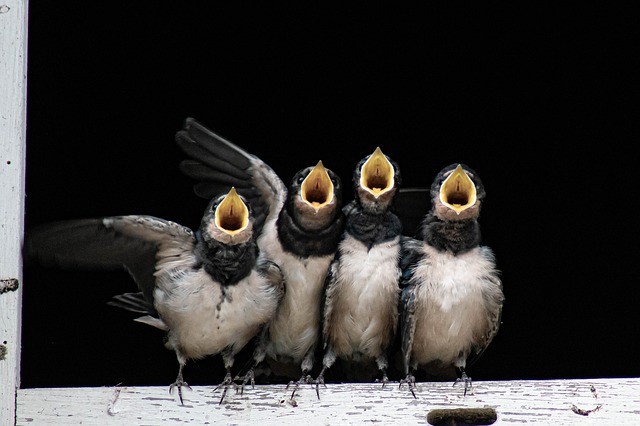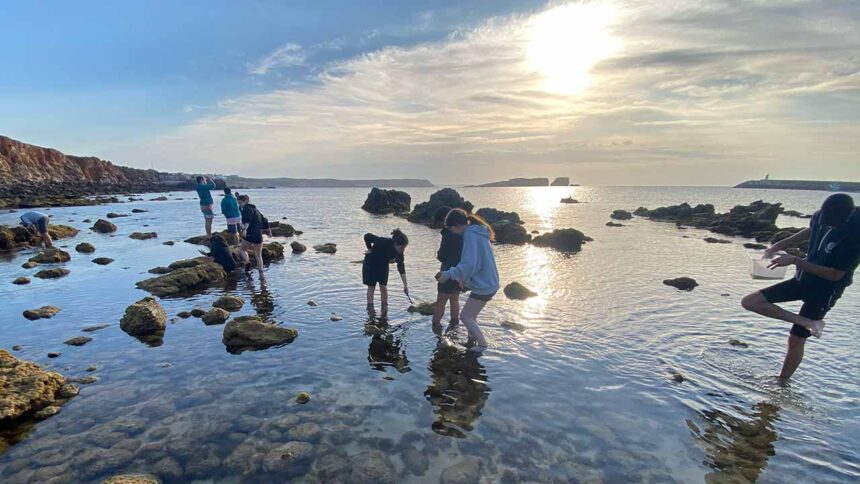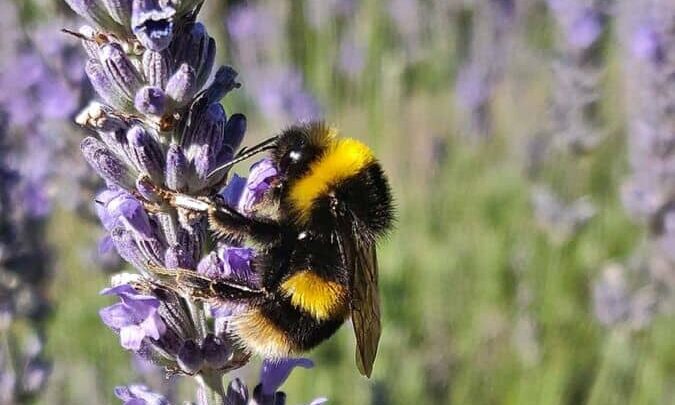Red deer return to Sintra-Cascais Natural Park after 500 years
Eleven Iberian red deer were reintroduced into the Sintra-Cascais Natural Park last night (due to a seven hour hold up due to the wildfire that hit the A2 motorway near
Almargem warns of “dramatic situation” at Alcantarilha Stream
Fish dying due to lack of water in stream Environmental association Almargem has sounded the alarm over the “dramatic situation” at Alcantarilha Stream, caused by an “extreme water shortage affecting
World’s largest colony of Audouin’s gull lives in the Ria Formosa and is growing
In decline around the world, the endangered species is contradicting the trend in Portugal, with already over 7000 nests in the Ria Formosa. The Audouin’s gull is in decline around
Volunteers wanted for tomorrow’s ‘great Portuguese jellyfish count’
IPMA promotes “Dia GelVista” (Jelly-spotting day) With the season of jellyfish (some nastier than others) upon us, and seawater temperatures increasing, IPMA – Portugal’s meteorological institute – has launched another
Wild cat identified in Vale de Côa after 30 years
The first wild cat to be identified in Vale de Côa in the last 30 years has led to all domestic cats in the area being ‘neutered’, to avoid ‘hybridisation’
Threatened species of gull triples number of nests in Ria Formosa
The Audouin’s Gull is declining worldwide – but in Portugal, in the Algarve’s Ria Formosa, this seabird has established its largest colony in the world, tripling this year the number
Zoomarine returns rehabilitated turtles to sea
The turtles, which were undergoing rehabilitation at Zoomarine’s “Safe Haven”, were returned to the sea approximately ten nautical miles south of Portimão with the support of the Portuguese Navy. Zoomarine
Swallows becoming increasingly rare in Portugal
Numbers of cuckoo, sandpiper and turtle-dove also declining SPEA, the Portuguese Society for the Study of Birds has warned that the number of swallows in Portugal has fallen by 40%
Marine Forests Festival comes to Sagres
The Festival features lectures, dolphin and algae observation, workshops, diving, and a craft and gastronomy fair. The University of Algarve (UAlg), the Centre for Marine Sciences (CCMAR), and the Municipality
Climate change set to become main cause of biodiversity loss by 2050
Climate change could become the main cause of biodiversity loss by the middle of the century, more than changes in land use, warns a study released in Portugal today. Published

